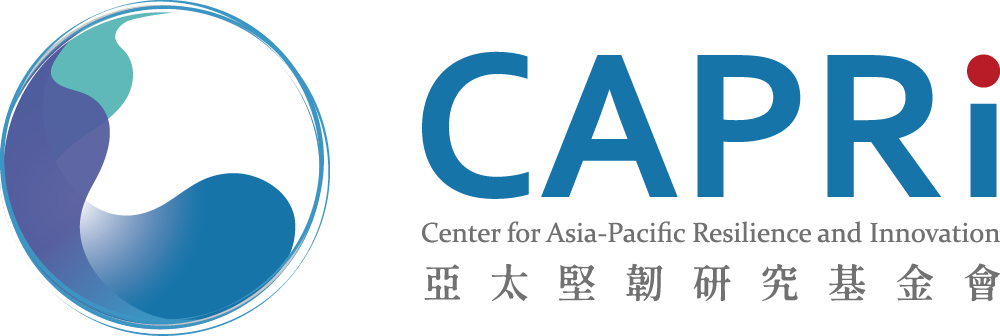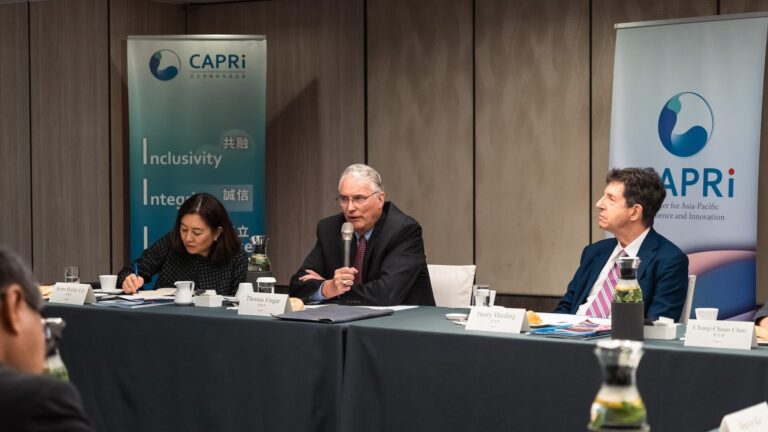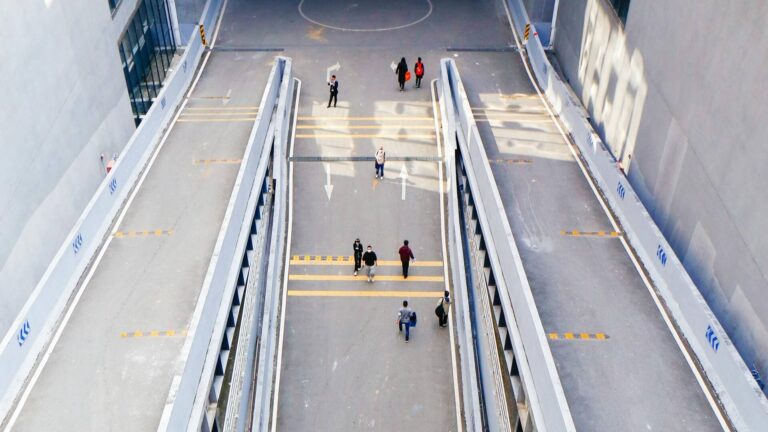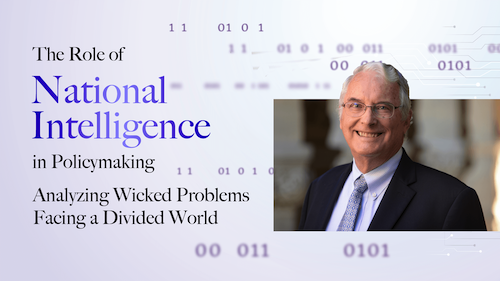The Center for Asia-Pacific Resilience and Innovation (CAPRI), where the Asia-Pacific Hub is housed, is honored to join the World Economic Forum affiliate session “Collaborating to Build Resilient and Sustainable Health Systems” on May 25 at Davos.
Ongoing international crises continue to expose weaknesses and inequalities across health systems brought to light by the COVID-19 pandemic. While restrictions are lifting in many countries around the world, the evolving geopolitical context and new waves of infections mean that now – more than ever – we need to build on lessons learned from the crisis. Adapting to manage these global events will require unprecedented levels of public-private collaboration to ensure our health systems are sustainable, resilient, and equipped to deal with future shocks in the months and years ahead. As the contours of a new normal emerge, what does a resilient and sustainable future healthcare system look like?
The event is hosted by the Partnership for Health System Sustainability and Resilience (PHSSR) in partnership with AstraZeneca, Philips, KPMG Healthcare, World Economic Forum, and the London School of Economics (LSE). The founder of CAPRI, Prof. Syaru Shirley Lin, will join the discussion with Prof. José Manuel Barroso, Chair of the Board of Gavi, the Vaccine Alliance, Dr. Emanuele Capobianco, Chief Strategy and Impact Officer at World Health Organization (WHO) Foundation, Frans van Houten, CEO of Philips, Leif Johansson, Chair, AstraZeneca, and Dr Anna van Poucke, Global Head of Healthcare at KPMG International.
The event began with a fireside chat between Professor Barroso and Dr. Van Poucke. Professor Barroso shared his views on the mixed responses to the COVID-19 pandemic globally and how geopolitical tension has severely impacted international cooperation. Looking to the next steps for strengthening global health sustainability and resilience, Prof. Barroso called for more investment and transparency in health systems and prioritizing health agendas at all levels of government and across sectors.
In the second part of the panel moderated by Dr. Van Poucke, Professor Lin shared the major lessons the Asia Pacific has learned during the COVID-19 pandemic. In Taiwan, for instance, strong trust within society combined with nonpharmaceutical interventions powered by technologies managed to safeguard people’s health while keeping Taiwan’s economic engine running. Policies of balancing public health, economic recovery, and environmental sustainability with the strength of innovation have made the region stand out. As Professor Lin stated, this is how the Asia Pacific contributes to global resilience and why CAPRI was established in Taiwan to engage in global public policy discourse through Asia-Pacific perspectives.
Following Professor Lin’s reflections on the role of the Asia Pacific in global supply chains, Frans van Houten offered his insights on the challenges in pandemic preparedness from the private sector perspective. To Mr. Van Houten, long-term planning, public–private partnership, and a multilateral commitment to open supply chains are key to ensuring global resilience in public health crises. To this end, PHSSR was founded to enhance public health across different countries and sectors.
On investment in health systems worldwide, Leif Johansson noted the insufficient investment in preventive health care and the fragmentation of policies regarding health care delivery across different regions. Echoing Mr. Van Houten’s view, Mr. Johansson called for a shared international framework to evaluate and improve national health systems and policy practices, especially for enhancing preventive health care delivery with AI technology.
Dr. Emanuele Capobianco shared the view from the WHO Foundation regarding the need for political accountability and adequate forward investment to increase pandemic preparedness. Mr. Capobianco further emphasized the importance of multilateral cooperation in public health governance, delivery, and financing, and he called for an international health treaty to help global society fight ongoing and future public health threats.
The speakers also discussed the digitalization of health care, including the potential of remote health care, the importance of public–private partnerships in fostering this trend, and the need for institutionalized international cooperation in delivery. Professor Lin also pointed out the digital divide across the Asia-Pacific region and the desire for the region to cooperate with other parts of the world to pursue sustainable, healthy growth globally.
Dr. Van Poucke then delivered a statement on behalf of PHSSR on strengthening health system sustainability and resilience. Professor Barroso concluded the panel by calling for all stakeholders to prioritize investment in public health, collaborate in a transparent manner, and innovate to improve population health, in turn benefiting economic growth today and in the future.




